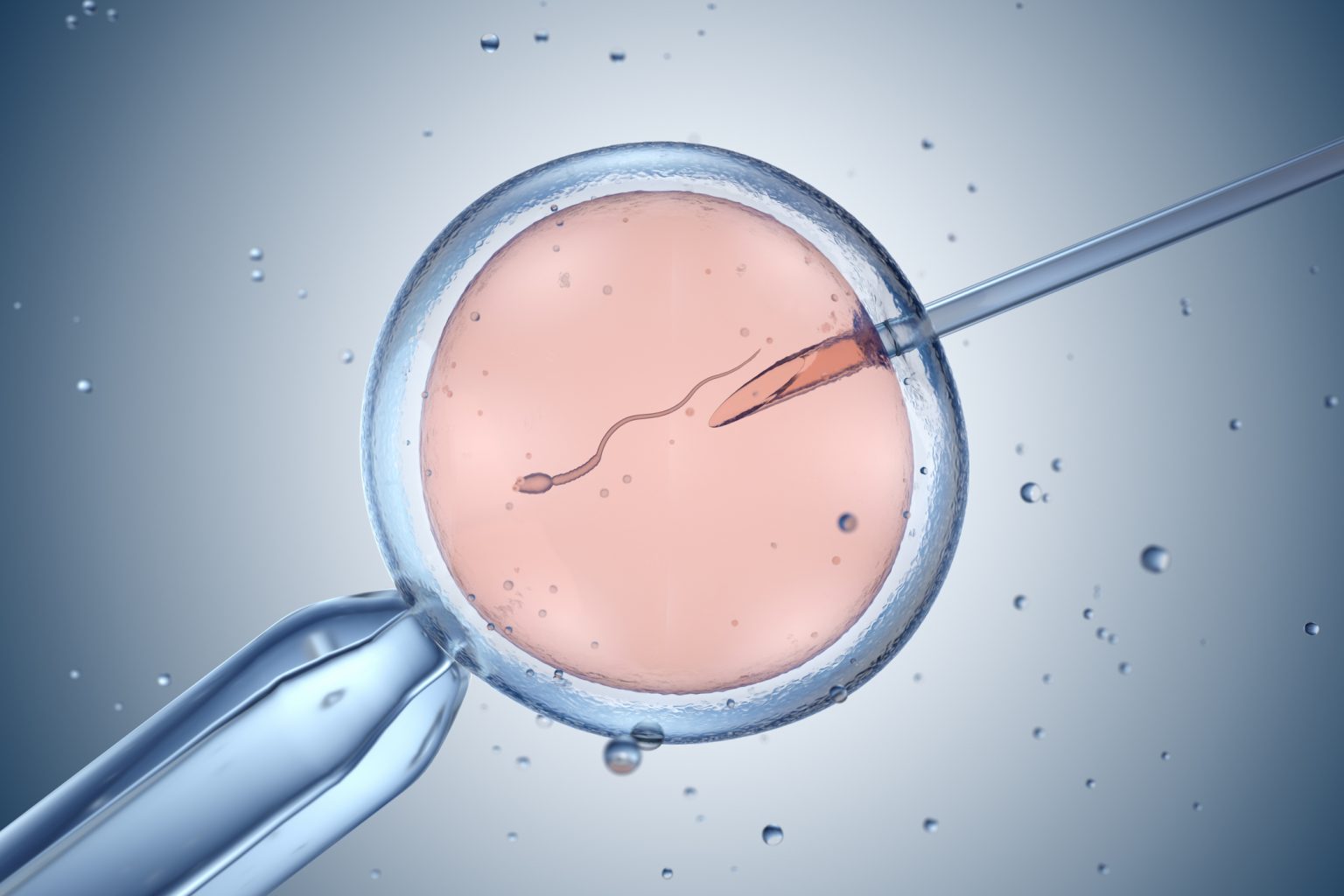Egg donation in the U.S. has provided thousands of couples with the opportunity to have children, but there is also a dark side to the industry. Medical anthropologist Diane Tober’s book, Eggonomics, reveals the hidden reality of egg donation. Many donors were found to be under-informed about the potential risks and long-term impacts of the procedure. Despite agencies and clinics claiming risks were less than 1 percent, Tober found the actual rates to be higher, especially for complications like ovarian hyperstimulation syndrome. Longitudinal studies on the impact of egg donation on donor health are lacking, highlighting a significant gap in research.
Egg donors in the U.S. are often selected based on physical traits and educational background, with some donors receiving significantly more compensation than others based on race and ancestry. This discriminatory compensation system can have eugenic overtones and create a two-tiered market for human eggs. The financial incentives attached to egg donation, along with student debt and economic instability, may drive some donors to undergo multiple rounds of donation without fully comprehending the risks involved. Unethical practices, such as overstimulating donors to produce excessive eggs in a single cycle for higher clinic profits, further exacerbate the situation.
Tober’s research uncovered disturbing cases of serious complications among egg donors, including Critical Ovarian Hyperstimulation Syndrome and rare reproductive cancers. While it is not definitively proven that these health issues directly resulted from egg donation, they underscore the need for more research on post-donation donor health. The lack of comprehensive studies and follow-ups on donors highlight the urgent need for reforms in the egg donation industry to ensure the safety and well-being of all parties involved.
Eggonomics advocates for evidence-based policies to address the shortcomings of the egg donation industry. Tober proposes several recommendations to protect donors’ rights, including ensuring informed and standardized consent, limiting financial incentives for excessive donation, providing independent legal counsel for donors, and establishing a registry to track donor cycles and enable follow-ups on donor health. These measures aim to promote safety, fairness, and accountability in the egg donation process, while also respecting the rights of all individuals and couples to pursue assisted reproduction for building their families.
While egg donation offers hope and joy to many aspiring parents, reforms are essential to address the ethical, financial, and health concerns associated with the industry. By implementing Tober’s recommendations and ensuring transparency, accountability, and equality in egg donation practices, the industry can better protect the well-being of donors and recipients alike. It is crucial to prioritize the safety and rights of all parties involved in this life-giving procedure to create a more ethical and equitable system for assisted reproduction in the U.S.
Keep Reading
Subscribe to Updates
Get the latest creative news from FooBar about art, design and business.
© 2024 Globe Timeline. All Rights Reserved.


